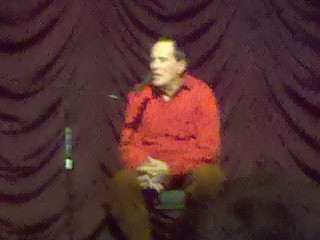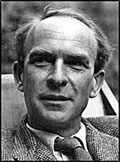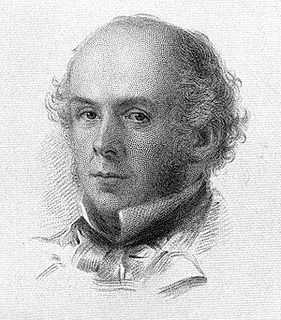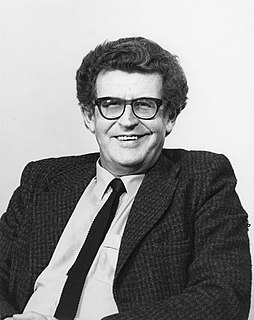A Quote by Stephen Burt
In pursuing certain virtues - colorful local effects, personae and personality, juxtaposition, close calls with nonsense, uncertainty, critiques of ordinary language - the current crop of American poets necessarily give up on others.
Related Quotes
I hate to say that, but the past was much more fascinating. I don't particularly care for any of the current crop of actors. I don't particularly care for any of the current crop of directors. But I have a lot of friends who are editors, and there are a lot of technical things going on here that are interesting.
War both needs and generates certain virtues; not the highest, but what may be called the preliminary virtues, as valor, veracity, the spirit of obedience, the habit of discipline. Any of these, and of others like them, when possessed by a nation, and no matter how generated, will give them a military advantage, and make them more likely to stay in the race of nations.







































